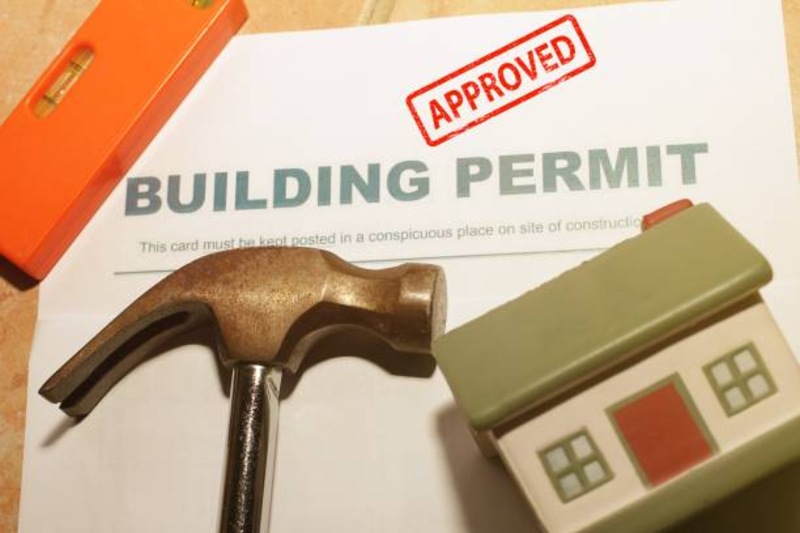Insurance is often seen as a necessary evil, a grudgingly accepted component of adult life that protects us from life's unpredictable twists and turns. However, while the concept of insurance is simple, the process of buying it can be fraught with complexities. Missteps in this intricate dance can prove costly, both in terms of money and peace of mind. In this guide, we will navigate the murky waters of insurance procurement, shedding light on four common mistakes you must avoid to ensure you get the best coverage without paying a steep price.
Not Understanding Your Coverage Needs:
One of the most common mistakes people make when buying insurance is not fully understanding their coverage needs. Insurance policies can be complex and overwhelming, with a plethora of options and add-ons that can easily confuse even the savviest consumer. It's essential to take the time to evaluate your risks, assets, and financial goals to determine the type and amount of coverage you need. Don't just blindly accept a one-size-fits-all policy or make assumptions about what is covered. Take a close look at your specific needs and tailor your insurance accordingly.
Why it is essential to compare different insurance providers?
It is crucial to compare different insurance providers because not all policies are created equal. While one company may offer a lower premium, they may also have higher deductibles or provide less coverage. By comparing multiple providers, you can get a better understanding of the options available and choose the one that best fits your needs and budget.
Discuss the pitfalls of failing to explore various options:
Failing to explore various options can have serious consequences when it comes to insurance. By not taking the time to compare different providers and policies, you may end up with inadequate coverage or paying more than necessary. Additionally, failing to explore different options means you may miss out on potential discounts or better deals that could save you money in the long run.
Focusing Only on Price:

Price is undoubtedly an essential factor when it comes to purchasing insurance, but it should not be the only consideration. A lower premium might seem attractive at first glance, but it can end up costing you more in the long run if it doesn't provide sufficient coverage or has high deductibles. It's crucial to strike a balance between cost and coverage to ensure you're adequately protected without breaking the bank.
Identify the risks of not reading the policy document thoroughly:
Not reading the policy document thoroughly can lead to misunderstandings and potentially costly mistakes. It's important to carefully review all the terms, conditions, and exclusions outlined in the policy document to fully understand what is and isn't covered. Failing to do so could leave you vulnerable to unexpected expenses or denied claims in the event of a loss.
Benefits of consulting with an insurance agent:
Consulting with an insurance agent can be immensely beneficial when it comes to navigating the complexities of insurance policies. They have a deep understanding of the industry and can help you evaluate your coverage needs, explain confusing terms, and find the best policy for your specific situation. They can also assist in comparing different providers and negotiating better rates.
Not Shopping Around:
When it comes to buying insurance, loyalty doesn't always pay off. Sticking with the same insurance company year after year might seem like the easiest option, but it could mean missing out on better deals and coverage options from other providers. It's essential to shop around and compare quotes from multiple insurers to find the best fit for your needs and budget.
Discuss the consequences of not having sufficient coverage:
Not having sufficient coverage can have severe consequences in the event of a loss. Without enough insurance, you may be left to cover unexpected expenses out of pocket or face financial ruin. It's crucial to make sure you have adequate coverage for your specific risks and assets, so you don't find yourself in a dire situation when disaster strikes.
Tips for effectively shopping around:
- Compare quotes from at least three different insurance providers.
- Make sure to review the coverage options and deductibles for each policy carefully.
- Consider bundling your policies with one provider for potential discounts.
- Don't be afraid to negotiate for better rates or ask about available discounts.
- Research the reputation and financial stability of each insurance company before making
Neglecting to Review and Update Your Policies:

Life is constantly changing, and so are your insurance needs. Neglecting to review and update your policies regularly can leave you underinsured or paying for coverage you no longer need. It's crucial to reassess your insurance needs at least once a year, or whenever significant life events occur, such as buying a new home, getting married, or having children. By keeping your policies up-to-date, you can ensure that you have adequate coverage to protect yourself and your loved ones.
Discuss the importance of updating insurance policies:
Updating insurance policies is essential to ensure you have the right coverage for your current needs. As life changes, so do your risks and assets, which means your insurance needs may also change. By reviewing and updating your policies regularly, you can avoid being over or underinsured, and potentially save money by getting rid of unnecessary coverage.
Provide tips for effectively reviewing and updating insurance policies:
- Set a reminder to review your policies at least once a year.
- Keep track of major life events and assess if they require changes in your coverage.
- Understand the terms and conditions of your policy to know when it's necessary to update.
- Consult with an insurance agent for guidance on updating your coverage.
- Take advantage of online resources, such as calculators and coverage checklists, to help determine your insurance needs.
Conclusion:
Buying insurance doesn't have to be daunting or expensive. By avoiding these four common mistakes, you can make informed decisions about your coverage needs, find the right balance between cost and protection, shop around for the best deals, and regularly review and update your policies. Don't let ignorance or complacency cost you in the long run; take charge of your insurance procurement process and make sure you're getting the best coverage for the best price.










